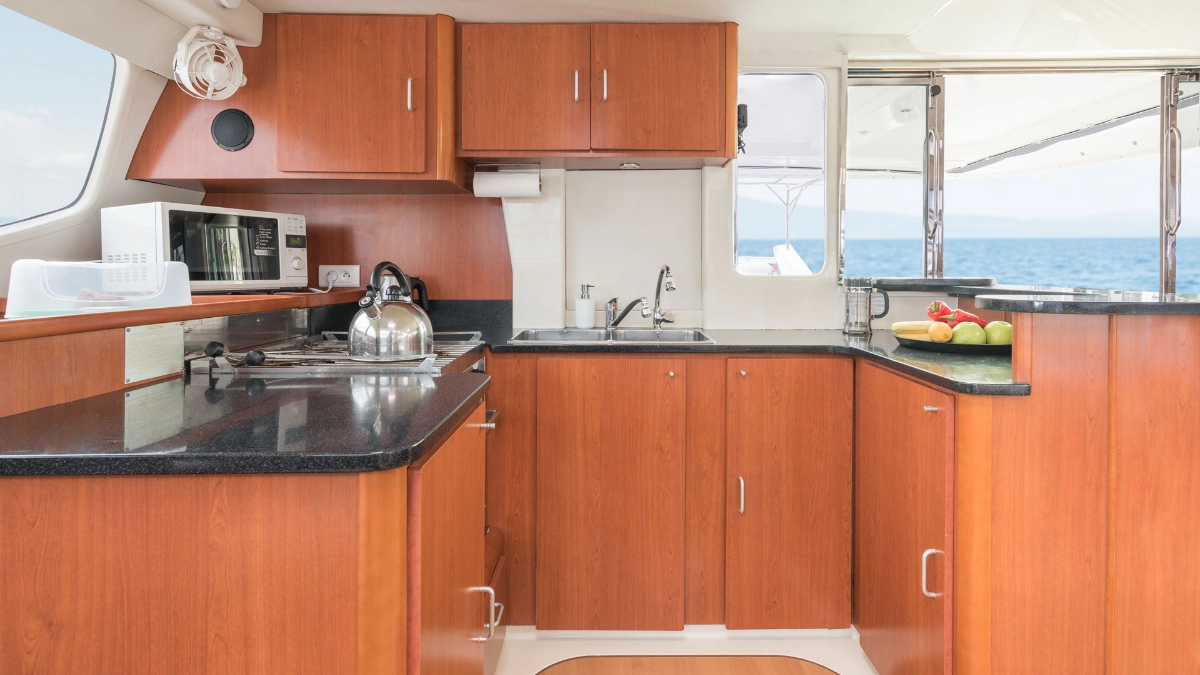Whether you're fishing off the coast of San Diego, cruising through Newport Beach, or living aboard in Marina del Rey, having a fully functional marine refrigerator is essential. A failing refrigeration system can lead to spoiled food, wasted supplies, and frustrating repairs.
If your boat's fridge is not cooling properly, this guide will help you troubleshoot the issue and decide if you need professional repair.
Common Reasons Your Boat Refrigerator Is Not Cooling
1. Power Supply Issues
Marine refrigerators typically run on DC (battery power), AC (shore power), or propane. If your fridge isn’t cooling:
- Check the power source (battery, shore connection, generator).
- Inspect fuses and breakers for tripped circuits.
- Ensure your battery is charged and connections are secure.
Solution: If power is inconsistent, consider installing a dedicated circuit or upgrading your battery setup, especially if you’re cruising long distances in areas like San Francisco Bay.
2. Thermostat Misconfiguration or Failure
Sometimes, the thermostat is set too high or is faulty, preventing the fridge from cooling.
Solution: Lower the temperature setting and wait several hours to see if it cools down. If not, contact us to get started on a thermostat replacement.
3. Refrigerant Leaks or Low Coolant Levels
Marine refrigeration relies on coolant (refrigerant) to function. A leak can cause a loss of cooling power.
Signs of a refrigerant leak:
- Compressor runs constantly but doesn't cool
- Frost buildup on the evaporator plate
- Unusual hissing sounds
Solution: Refrigerant leaks require professional repair. If you’re in Long Beach, Newport, or San Diego, or anywhere else along the West Coast, contact Captain Frost for a system recharge or leak inspection.
4. Dirty Condenser Coils or Blocked Ventilation
The condenser coils remove heat from the fridge. If they are covered in dust, salt, or grime, the system can’t release heat effectively.
Solution: Clean the condenser coils every 3–6 months, especially in salt-heavy environments like Marina del Rey and San Francisco’s coastal docks.
5. Compressor or Fan Failure
The compressor is the heart of the refrigeration system. If it's failing, the fridge won’t cool properly.
Signs of compressor failure:
- Clicking noises when turning on
- Fridge is warm despite running
- High energy draw from your battery system
Solution: If the compressor is failing, a replacement may be necessary. Captain Frost provides marine refrigeration repairs in Newport, San Diego, and the entire West Coast region.
6. Poor Insulation or Door Seal Issues
If warm air enters the fridge, cooling efficiency drops. A worn-out door seal is often the culprit.
Solution: Check the gasket seal around the door. If it’s loose or cracked, replace it to prevent cold air from escaping.
Preventative Maintenance Tips for Marine Refrigeration
- Defrost regularly to prevent ice buildup
- Check door seals every 6 months
- Clean coils to prevent overheating
- Monitor power supply to prevent sudden shutdowns
- Schedule annual refrigeration check-ups for optimal performance
When to Call a Marine Refrigeration Expert
If your troubleshooting hasn't solved the problem, it’s time to call a marine refrigeration specialist on the West Coast. Whether you need repairs in San Diego, Long Beach, or Newport, Captain Frost provides expert refrigeration services for yachts, fishing vessels, and commercial boats.

